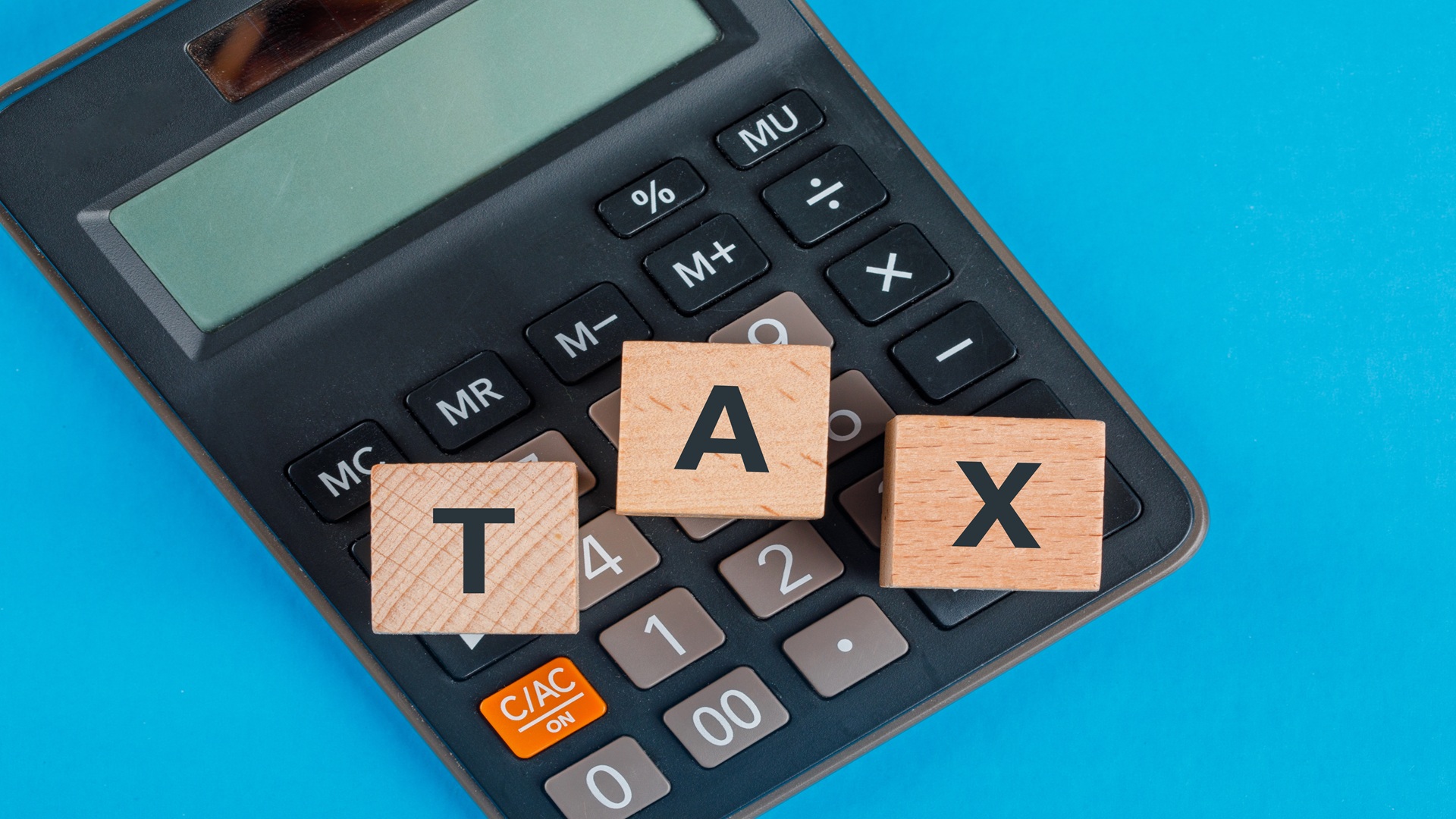What is a UAE Tax Residency Certificate (TRC)?
A UAE Tax Residency Certificate is an official document issued by the UAE Ministry of Finance or the Federal Tax Authority that confirms the tax residency status of an individual or company in the UAE. It plays a vital role in international taxation, primarily enabling residents and businesses to benefit from the UAE’s extensive network of Double Taxation Avoidance Agreements (DTAA). With over 140 tax treaties worldwide, holding a TRC ensures that income is not taxed twice once in the UAE and once in the country where the income is earned.
In simple terms, holding a TRC establishes that your income, whether personal or corporate, is legally tied to the UAE and thus eligible for the country’s favourable tax treaties.
Who Needs a Tax Residency Certificate in the UAE?
The framework for Tax Residency in UAE encompasses both individuals and business entities, including those operating within mainland and free zone jurisdictions, based on their financial activity and residential status.
For Individuals:
· UAE residents and expatriates who have lived in the country for a minimum required period and earn income within or outside the UAE.
· Foreign nationals who want to avoid double taxation on their overseas income.
For Companies:
· All UAE-registered companies, including mainland and free zone entities, may require a TRC to avoid double taxation on their international business income or investments.
For both groups, the TRC in UAE serves as legal proof of residency for tax purposes essential for global investors, entrepreneurs, and multinational organizations.
Eligibility Criteria for UAE Tax Residency Certificate 2025
The Tax Residency Rules UAE define specific eligibility conditions that applicants must meet. The 2025 requirements reflect the UAE’s alignment with international tax transparency standards.
For Individuals:
· Physically present in the UAE for at least 183 days in a 12-month period, or
· Present for at least 90 days combined with holding a valid UAE residence visa and Emirates ID.
· Proof of income such as a salary certificate or rental contract.
· Valid lease agreement (Ejari) or title deed showing UAE accommodation.
· Bank statements from a UAE bank (usually six months).
For Companies:
· A minimum of one year of establishment in the UAE.
· Valid trade license and Memorandum of Association (MoA).
· Certified audited financial statements for the recent fiscal year.
· Active business operations within the UAE jurisdiction.
Step-by-Step Process to Apply for a TRC in the UAE
Applying for a TRC in the UAE is now streamlined and fully digital:
1. Register on the UAE Ministry of Finance portal using UAE Pass credentials.
2. Create a new TRC application request, selecting the relevant tax year and purpose (e.g., claiming DTAA benefits).
3. Upload required documents—for individuals, this generally includes Emirates ID, valid residence visa, passport copy, tenancy contract or title deed, salary certificate, and entry/exit reports. Companies must upload trade license, incorporation certificate, and proof of management control.
4. Pay application and certificate fees online (AED 50 for application, AED 1,000 for issuance, subject to change). 5. Wait for approval, usually within 4 to 7 working days, after which the certificate can be downloaded from the portal.
Benefits of Obtaining a UAE Tax Residency Certificate
Holding a UAE Tax Residency Certificate in 2025 offers numerous advantages for both individuals and corporations:
· Avoid Double Taxation: Claim exemptions or tax credits in countries that have DTAAs with the UAE.
· Enhance Business Credibility: Establish legitimacy for foreign investors and international partners.
· Global Banking and Investments: Simplifies cross-border transactions, account openings, and asset protection.
· Access to Tax Relief: Benefit from reduced withholding taxes on dividends, royalties, and interest payments.
· Legal Compliance: Strengthen compliance with global tax and reporting standards.
Common Challenges and Mistakes in TRC Applications
While the process may seem straightforward, many applicants face pitfalls, such as:
· Missing or unclear documentation (e.g., incomplete entry-exit records or proof of residency).
· Misinterpreting eligibility criteria, especially the nuanced physical presence requirements.
· Not demonstrating sufficient economic or personal ties to the UAE, which may lead to rejection.
How Tax Consultants in the UAE Can Help
Navigating tax residency regulations can be intricate, particularly for multinational corporations and expatriates. Tax consultant in Abu Dhabi ensure that applications are correctly prepared and that all eligibility rules and documentation requirements are fully met, reducing the risk of delays or refusals. Experienced consultants assist in eligibility assessments, managing communication with authorities, and securing certificates efficiently saving both time and potential penalties.
Why TRC is Essential for 2025
In today’s globalized economy, the UAE Tax Residency Certificate is an indispensable tool for residents and businesses alike. Whether an expatriate professional or a UAE-registered company, the TRC enables you to confidently conduct cross-border financial activities without the fear of double taxation, while affirming your rightful tax status under UAE law.
For 2025, whether you are an expatriate earning abroad or a company expanding across borders, the TRC remains an indispensable tool for financial transparency and global growth and obtaining the TRC is a vital part of 2025 tax planning and financial strategy.


